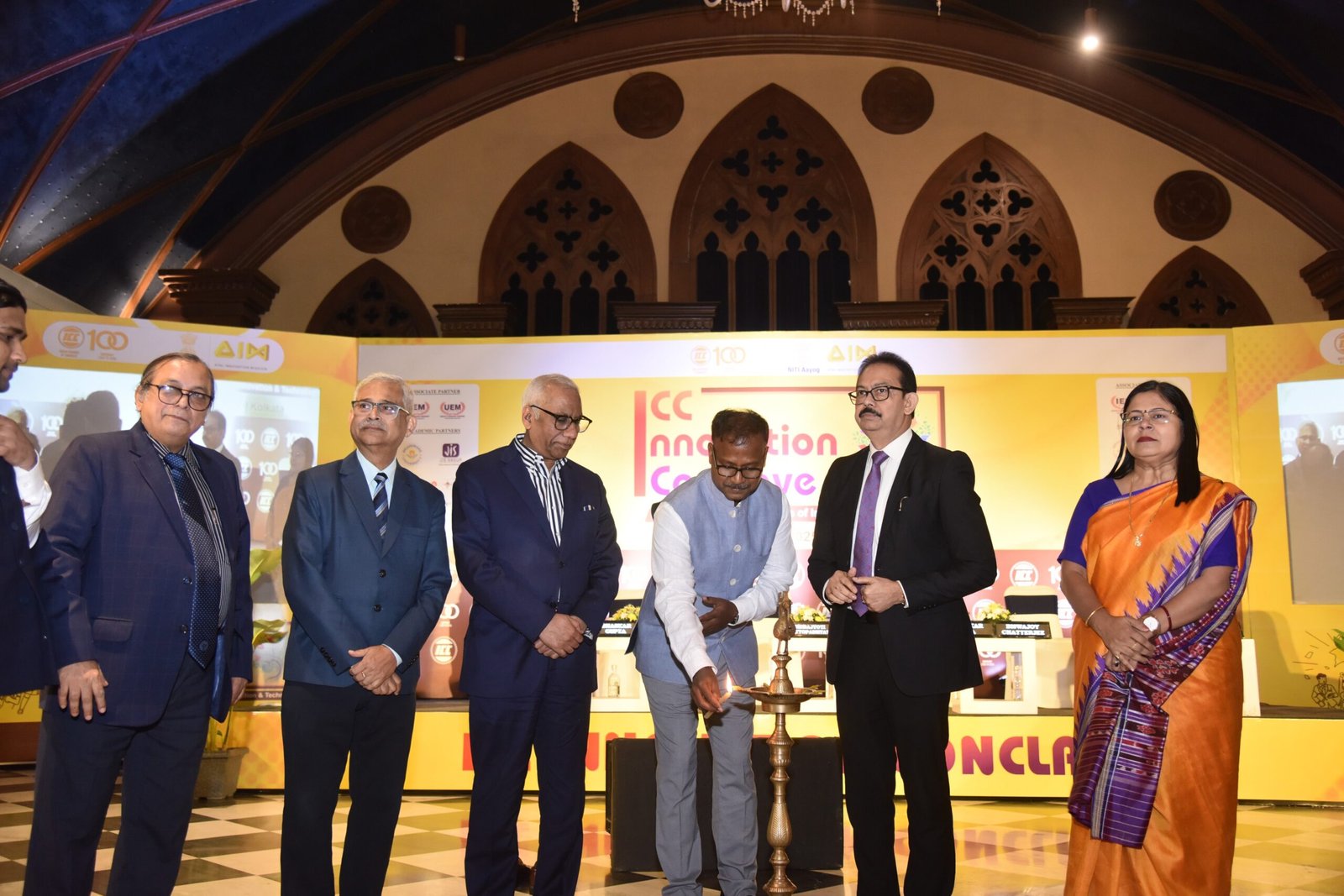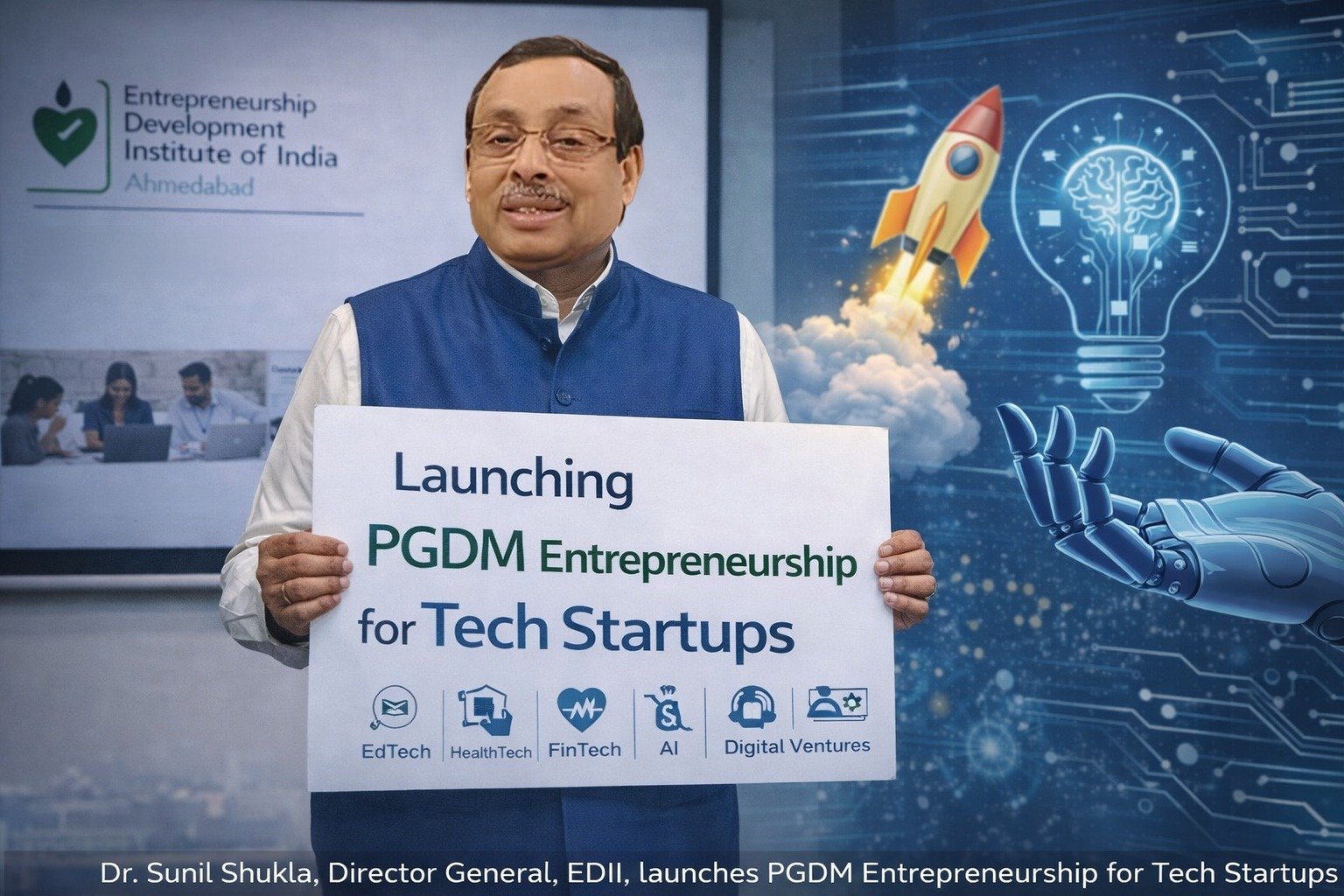Kolkata, November 22, 2025: The Indian Chamber of Commerce’s Innovation Conclave on Friday underscored that India’s education system is at a critical turning point, with senior government officials, university leaders and innovation bodies calling for stronger coordination between the state, academia and industry to address widening skill gaps in emerging technologies.

Addressing the conclave, West Bengal’s Principal Secretary for School and Higher Education, Binod Kumar, said that policy priorities must align closely with industry needs to build a future-ready workforce. He pointed out, “The state’s school education budget has risen from ₹829 crore in 2011 to over ₹10,000 crore in 2024–25, enabling ICT expansion and AI-enabled classrooms.” Kumar said the State University Policy 2023 aims to strengthen alignment with the National Education Policy and scale global partnerships, including with the British Council. He added, “West Bengal is moving toward a more facilitative model for private universities so that innovation and venture-capital participation can grow.”
Speaking on the sidelines, Kumar addressed concerns about teacher recruitment. “Vacancies in the School Service Commission process will not be reduced,” he said. He added, “Speculation about any change in the total number of posts is unfounded, and the reinstatement of candidates under Supreme Court orders does not alter the vacancies available to fresh applicants.” The total number of vacancies remains 35,726.

ICC Higher Education Committee chairman and Sister Nivedita University Chancellor Satyam Roychowdhury said, “India’s demographic advantage will matter only if learning systems evolve. We have 65% of our population under 35, but this dividend is meaningful only when curiosity, experimentation and hands-on learning begin early.” Citing employment data, he added, “There is a 30% skill mismatch in AI, cybersecurity, robotics and sustainability, even though engineering enrolment is high. Education, skills and innovation must function as a single national strategy.”
Jadavpur University Vice Chancellor and state Higher Secondary Council President Prof. Chiranjib Bhattacharjee outlined JU’s restructuring of its innovation ecosystem. “We have created a unified incubation centre by bringing all innovation and start-up units under the Institute Innovation Council,” he said, adding that the centre now hosts analytical labs, 3D printing facilities and interdisciplinary project spaces. He noted the introduction of senior secondary courses in AI, data science, cybersecurity and AI-in-humanities, along with the revival of the Industry–Institute Partnership Centre, a new start-up lecture series and increased school participation in the e-Summit.
Atal Innovation Mission Director Deepak Bagla said AIM’s nationwide hackathon “has been recognised by Guinness World Records as the world’s largest, with more than 2.9 lakh student ideas submitted.” He said AIM operates 10,000 innovation labs—nearly half in government schools—and plans to add 50,000 more, while supporting 74 incubators. Bagla said, “Innovation, inclusion and digital empowerment will drive India’s next phase of growth,” pointing to MSMEs supplying over 350 components for the Chandrayaan mission at a fraction of global costs.
Raja Ramanna Chair Professor Anupam Basu said, “Technology has reshaped pedagogy, but innovation cannot flourish without strong cognitive foundations.” He added that institutions must build exploratory and interdisciplinary environments to support sustainable innovation.



